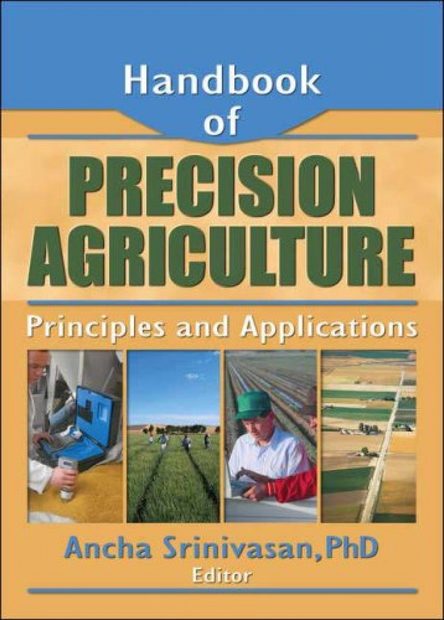


In most developing countries, farming is the best safety net against hunger and keeping production costs under control without sacrificing crop yield is essential for survival. The Handbook of Precision Agriculture presents up-to-date research, field studies, and practical applications from around the world to help agricultural scientists and farmers work together to design a farming methodology that improves productivity, profitability, and sustainability. The book offers a comprehensive guide to basic principles and technologies, crop-specific applications, integrative strategies, economic and environmental concerns, and future trends in precision agriculture in different regions of the world.
Handbook of Precision Agriculture provides basic guidelines and recommendations for implementing precision farming worldwide to help improve farm profits while conserving the environment. Keeping the technical jargon to a minimum, 50 of the world's foremost authorities on precision farming examine a wide range of subject areas, including agronomy, crop physiology, genetics and plant breeding, soil science, entomology, meteorology, agricultural extension, weed science, plant pathology, ecology, spatial information sciences, and economics. In addition to discussing theory and practice on field-level management, the book's contributors discuss how to identify and manage field variability, and how to implement precision farming in selected crops and cropping systems, working from case studies that represent both regional and crop-specific contexts.